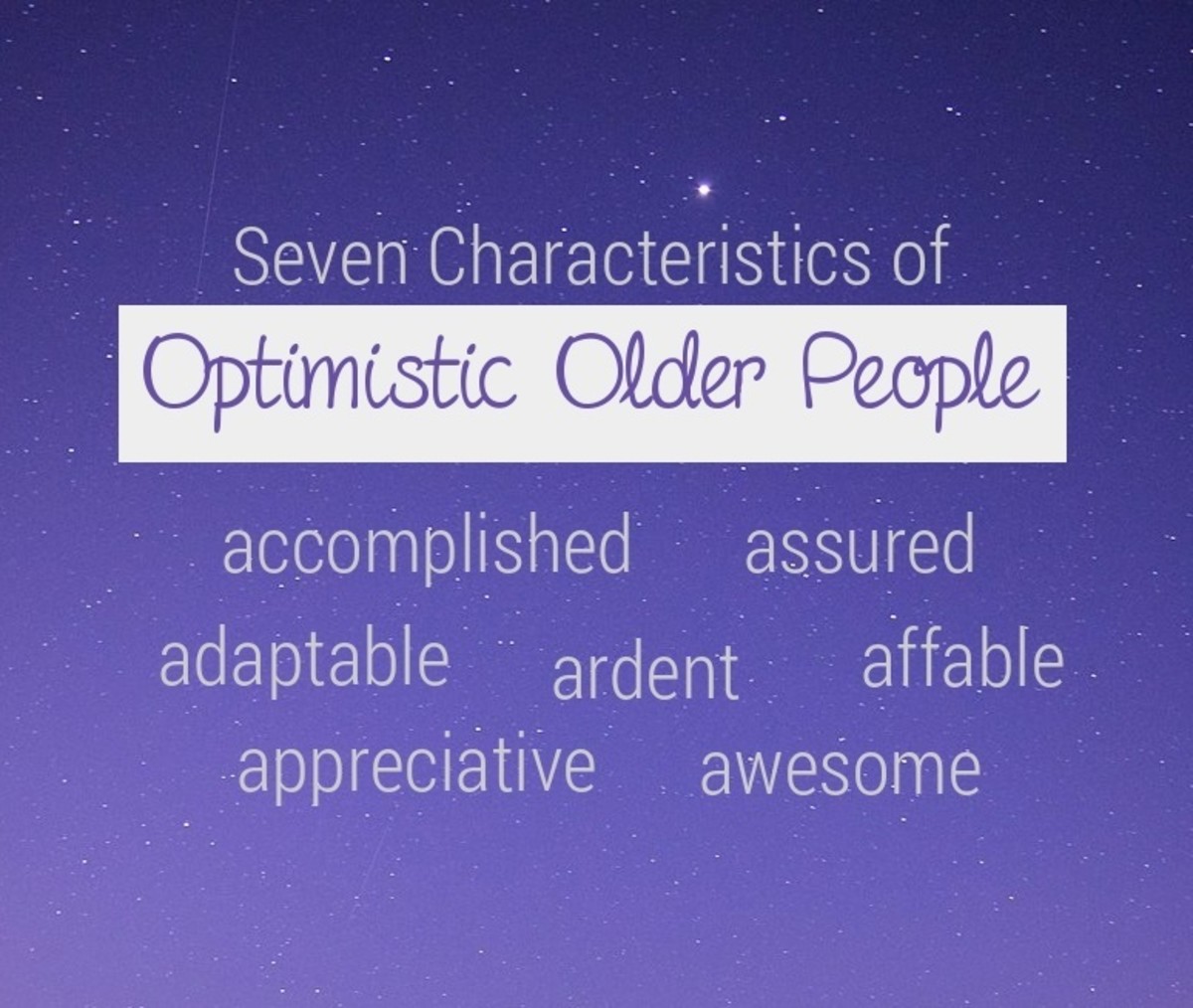INSPIRING THE DESIRE AND PASSION TO LEARN, GROW, AND CHANGE
INTRODUCTION
Self-reflection promotes awareness and learning. Character development is enhanced through understanding the history of current knowledge, as well as, the knowledge and experience required to successfully improve accuracy and efficiency in application. Creativity, passion and purpose facilitate innovation, efficiency and health. Critical thinking skills are necessary for releasing human potential. Communication, organization, and people skills can all affect the performance of both individuals and organizations. Concepts from the realm of spirituality have the potential to improve the psychological, physical and organizational structures of people, processes and culture. Change requires adaptability, flexibility, courage, compassion, empathy and tolerance of creative chaos. Education and learning can foster healthier environments for dealing with change and growth in education, business, health-care, counseling and other types of organizations.
The workplace and community organizations must provide conducive environments and structure for promoting individual initiative and cohesive, collaborative teamwork. Addressing the spirit, soul and body needs of humanity has the potential for creating healthier environments of respect for bridging the paradox inherent in issues of diversity, cohesiveness, unity, individual initiative and teamwork. Combining theories of spirituality and psychology may provide new avenues of intervention for exposing the subtle, unspoken, and unrecognized limitations created by a lack of awareness and the inability to reconcile these paradoxical dilemmas.
There is currently a need for learning and teaching experience that is capable of addressing the global pace of change and expanding diversity issues. Current research is available to address the mind and body connections related to an applicable and transformational learning experience needed for a release of latent human potential in every individual. Transformational Learning and Appreciative Inquiry are two theories of organizational development that aim to create healthier people, processes and culture.
The objective of this essay project is to address psychosocial needs for change that include human emotional, psychological, and spiritual factors for transforming organizations and improving organizational structures in order to produce flexibility, adaptability, innovation and creativity. The goal is to address the individual and corporate human need for balance, wholeness and health throughout the organizational structures that we participate in on a daily basis. Appreciative Inquiry and Transformational Learning provide processes that inspire the pursuit of learning, change and culture transformation.
A global society and work force requires creativity and a climate/culture of “learning organizations”. Promoting democratic dialogue can facilitate in creating, extending and defining a culture of affirmation. Promoting individual value and collaboration that celebrates diversity has the potential for creating new forums and opportunities for bringing together diverse groups of people for establishing relationships of people who share the courage to negotiate and define meaning.
Definition of Terms
Transformational Learning . Transformational learning is another established organizational development tool that can facilitate health promotion. This theory was introduced by Professor Jack Mezirow, at Columbia University in the 1970’s (DeCogna, 2005). The theory argues that learners can change the way they make sense of the world around them through critical reflection and experience. New ways of thinking are needed in order to create new ways of acting. The goal is to change behavior. “The transformational learning process is intuitive, holistic, and contextually based” (Baumgartner, 2001, pg. 17).
Appreciative Inquiry . The principles of Appreciative Inquiry propose that people make lasting changes more effectively and less traumatically when they work backwards from a vision of their dreams or goals (French, Bell, and Zawacki, 1994). Working backwards from a vision of our ideals creates motivation, passion and commitment for change. Change interventions can become creative explorations for problem solving. Appreciative Inquiry is an organizational development tool that frames inquiry through positive and exploratory questions in an effort to challenge traditional schemas and to create an expanded framework for change. Traditional evaluation has focused on problems, whereas appreciative inquiry focuses on what is working and encourages an infusion of cognitive energy by releasing participants from paradigms that are limiting. Appreciative inquiry attempts to develop processes that promote awareness of limiting schemas as well as processes that are directed at minimizing cognitive load.
Spirituality. Spirituality can be distinguished from religion (Miller, 1999). “Spirituality (like personality or character) is an attribute of individuals. Religion, in contrast, is an organized social entity” (pg.6). Spirituality, like psychotherapy, aims to establish guidelines or a “road map” of healthy mental and behavioral practices. Both classic psychology and spirituality seek to address the paradox of the human potential for good and evil. An appreciative inquiry of spirituality pursues the quest for identifying and guiding interested individuals through the labyrinth of obstacles in order to achieve wholeness, harmony, passion and release of the fullness of human development. Spirituality emphasizes the interconnectedness and necessity of addressing a holistic vision of human growth and maturity along a developmental path of mind, will and emotions; spirit, soul and body.
References
Baumgartner, L.M. (2001). An update on transformational learning. New Directions for Adult and Continuing Education. 89 (Spring 2001), 15-24.
DeCagna, J. (2005). Unlocking learning’s power to transform. Retrieved December 8,2005 from http://linezine.com/7.2/articles/jdculpt.htm
French, W.L., Bell, C.H., Zawacki, R.A. (4th Edition). (1994). Organizational development and transformation: Managing effective change. Boston, Massachusetts: Richard D. Irwin, Inc.
Miller, W.R. (Eds.). (1999). Integrating spirituality into treatment: Resources for practitioners. Washington, DC: American Psychological Association.









